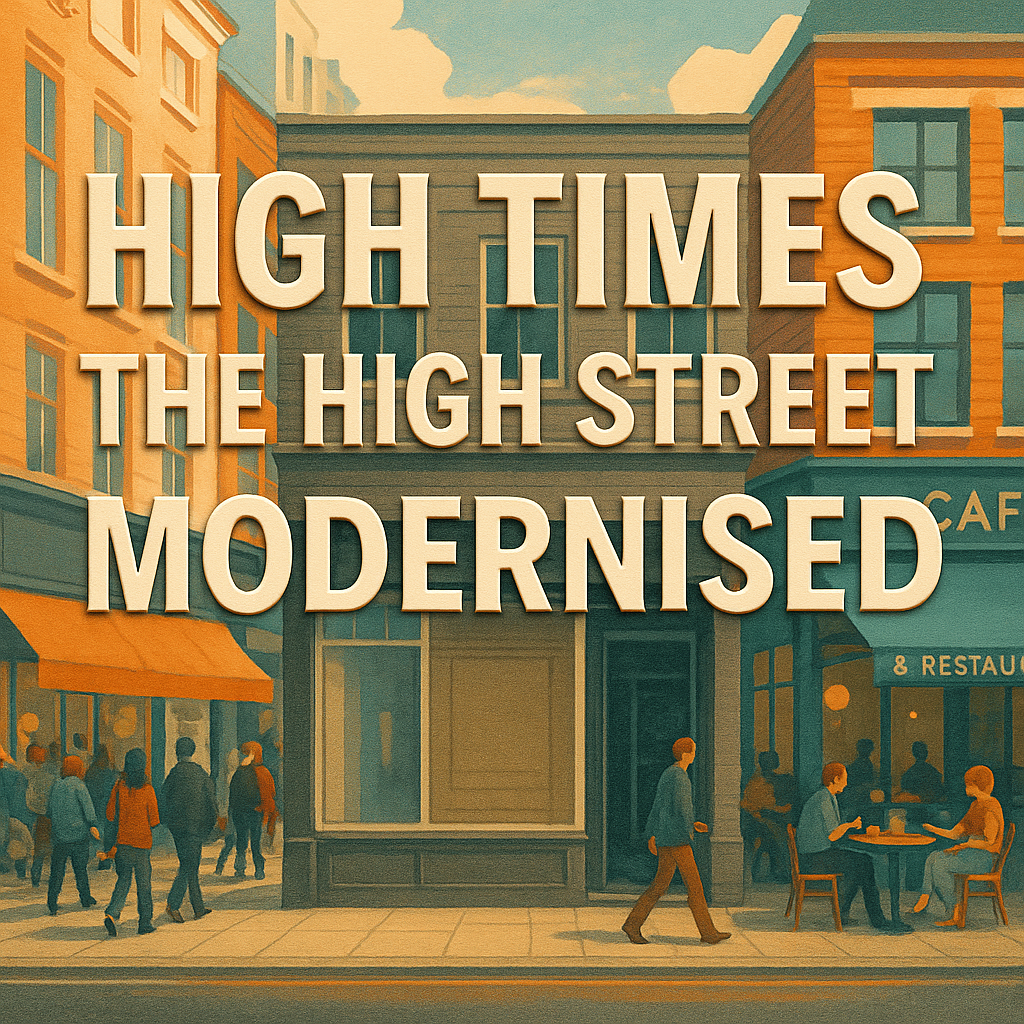It’s been another bad week for the retail industry with two more high street staples, Blockbuster and HMV, going the same way as Comet, Game and a whole host of other now defunct stores.
Only last week I was lamenting over the loss of camera retailer Jessops and the hundreds of jobs which are likely to go with it and now we have more casualties on our hands.
In the past I spent many a happy Saturday rummaging through the CD racks in HMV, before heading over to Blockbuster to pick out some videos to watch in the evening. However, it doesn’t take a genius to work out that since the turn of the 21st Century both stores have been working off failing business plans.
The internet and cheap supermarket pricing on CDs and DVDs have proved to be forces too strong for the likes of HMV and the other entertainment stores which went before it, while Blockbuster has never stood a chance against the likes of LoveFilm and NetFlix.
Yes it’s sad to bid farewell to these brands, but for me, the real sorrow is the job losses that will surely follow. You just need to do the maths to see the impact the closure of these brands will have on employment in the UK – Jessops’ toll is now thought to be around 1370, while 4,500 jobs at HMV are at risk and a further 4,190 in the balance at Blockbuster. Now add in the 2000 plus job losses at Comet at the end of 2012 and the picture becomes even more grim.
Winners and Losers on the High Street
What’s interesting however is that while some high street stores are on the demise, others it would seem have been celebrating record sales. John Lewis, Debenhams and Currys, amongst others, all reported bumper Christmas sales, surprising the cynics who thought this festive period would be another washout for our high streets.
The Scottish Retail Consortium has backed this good news message by reporting last week that sales in Scotland over Christmas matched the UK figures for the first time in nearly two years with a 1.5 per cent increase on the previous December driven by non-food sales, which recorded their best performance since March 2011.
So it seems the high street is now divided into winners and losers, which of course creates winners and losers amongst our retail workforce.
It Made Me Laugh
Shopping as an Experience
A solution to this is something which many of our shopping centres across the country are already doing – diversifying out beyond the usual retail offer. I was shopping in Livingston over Christmas and was pleasantly surprised by the array of restaurants on offer at The Centre – I really was spoiled for choice when it came to choosing where to eat.
That’s the thing; the consumer of today wants to make a day out of their visit to the shops. When shoppers hit the high street they’re looking for somewhere to go for lunch as well as somewhere to stop off for a coffee or wine when they get tired.
Shopping for many has become an experience; if people want to buy something quickly they can do it online, if they make the effort to physically go shopping they want more.
It Made Me Weep
The Future of the High Street
If we’re going to save our high streets and the jobs that go with it, then our towns and cities are going to need to follow the lead of shopping centres and diversify their offer by filling empty units with restaurants, cafes and bars.
Edinburgh’s Business Improvement District (BID), which helps businesses in the city centre identify new opportunities, said last week that new planning guidelines for the city will soon be in place which will allow other types of businesses to open up when a retailer shuts.
Its moves like this that will hopefully salvage what’s left of our high street economy and the jobs that go with it.


